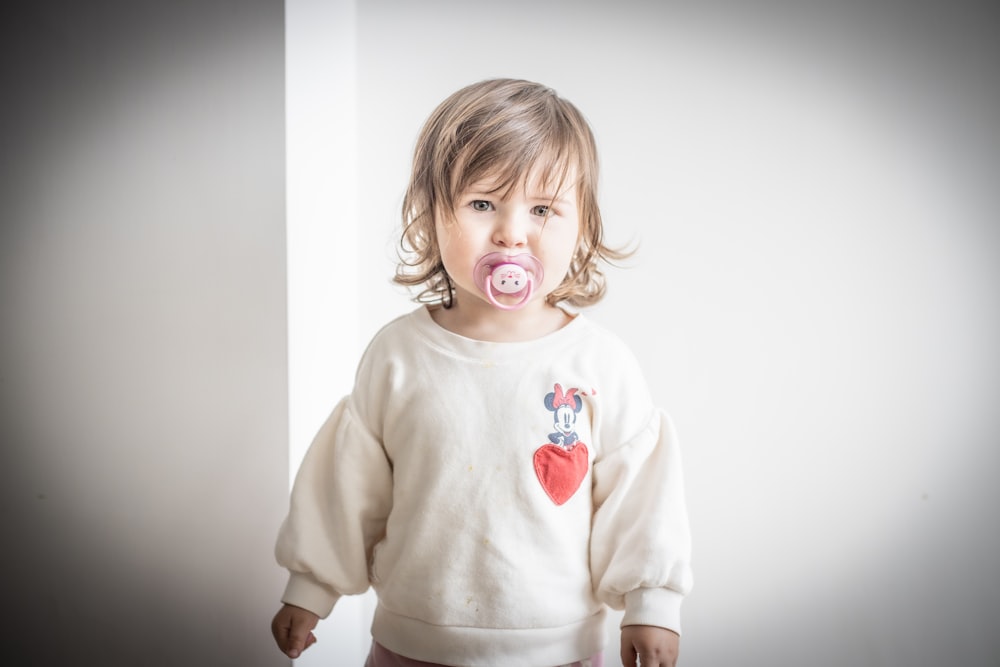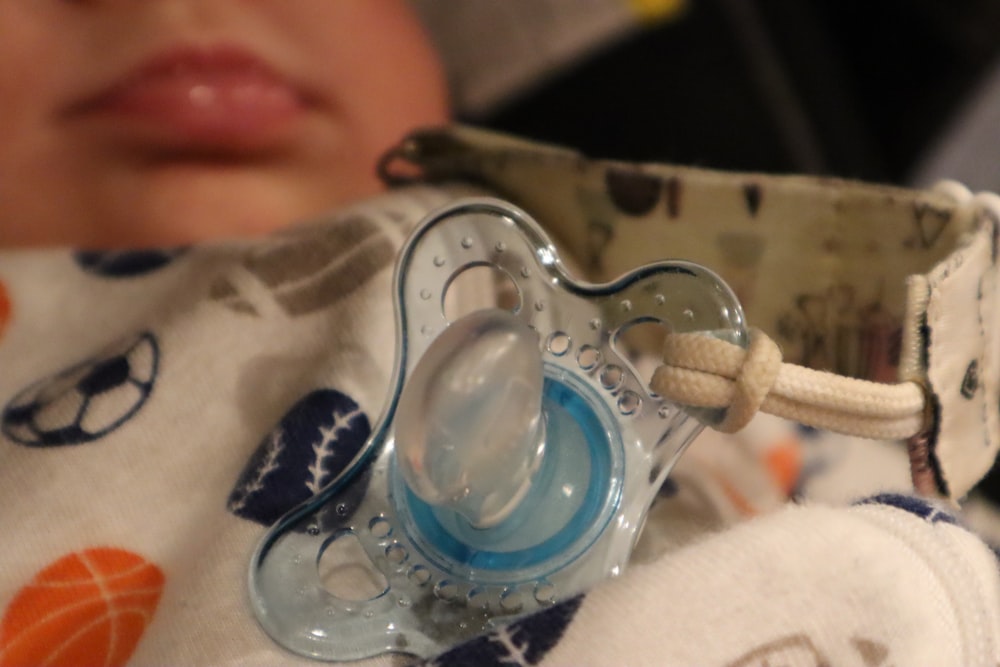Most infants have a strong want to suckle. Even before they are born, some newborns will suck their thumbs or fingers. In addition to providing nutrients, sucking frequently provides a calming effect. But are pacifiers actually safe for your child?
Learn about the advantages and disadvantages of using a pacifier, safety precautions, and how to wean your baby off it.

The advantages
Some babies find that using pacifiers keeps them happy in between feedings. Think about the benefits:
- A crying baby may be comforted by a pacifier. Some infants seem happiest while sucking on something.
- A pacifier provides momentary distraction. During and after immunizations, blood tests, or other procedures, a pacifier may be helpful.
- Your baby might feel more at ease with a pacifier. A pacifier could help your infant fall asleep if they have problems doing so.
- Using a pacifier could make flying more comfortable. Babies are unable to purposefully “pop” their ears by swallowing or yawning to ease ear pain brought on by variations in air pressure in a flight. A pacifier could be helpful.
- Possible reduction of the risk of SIDS with the use of pacifiers (SIDS). At nap and bedtime, sucking on a pacifier may lessen the risk of SIDS.
- Pacifiers are thrown away. You can toss away pacifiers once you decide to stop using them. It could be harder to eradicate the behavior if your baby prefers to suck on his or her thumb or fingers.
The drawbacks
Of course, pacifiers can also be dangerous. Think about the negatives:
- The pacifier may cause your child to become dependent on it. If your baby sleeps with a pacifier, you may experience nighttime crying fits when the pacifier accidentally falls out of your baby’s mouth.
- Middle ear infections may become more common in children who use pacifiers. While the risk of SIDS is at its peak and your infant may be most interested in a pacifier during this time, incidence of middle ear infections are typically lowest from birth to age 6 months.
- Long-term pacifier use may cause teeth issues. In most cases, regular pacifier use throughout the first few years of life doesn’t result in long-term dental issues. However, frequent pacifier use may lead to crooked teeth in children.
- Use of a pacifier may interfere with breastfeeding. If you’re breastfeeding, you might hold off on giving your child a pacifier until he or she is three to four weeks old and you’ve established a nursing schedule.
Pulling the plug
As your infant gets older, the risks of pacifier use start to exceed the advantages. Most children quit sucking on pacifiers on their own between the ages of 2 and 4, but other children require assistance.
When your child decides not to use the pacifier, be sure to praise them. Asking your child’s doctor or dentist for assistance may be appropriate if your youngster finds it difficult to give up the pacifier.


